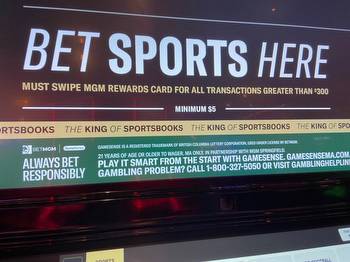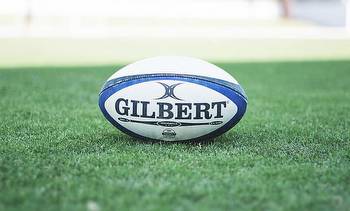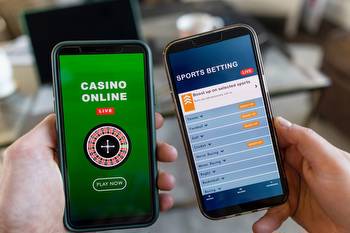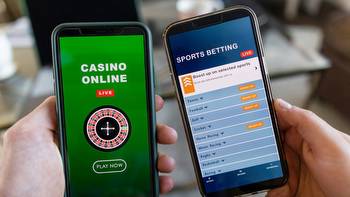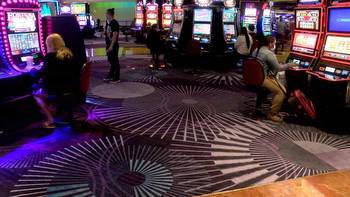NJ Responsible Gaming Initiative tracks bets to spot problem gambling

Ahead of a Super Bowl expected to generate $16 billion in wagers, New Jersey this week announced what it called a first-of-its-kind program requiring online betting companies to track customers' behavior for signs of problem gambling.
Under the initiative launched Jan. 1, gaming platforms would mine individual data collected through sports betting apps and websites for hints of addictive behavior and would be required to offer online interventions.
“It is no coincidence that our announcement comes just a week ahead of one of the biggest days in sports wagering, serving as a reminder of how devastating a gambling addiction can be,” New Jersey Attorney General Matt Platkin said this week in a joint statement with the state Division of Gaming Enforcement.
An estimated 50 million Americans are expected to bet on Super Bowl LVII when the Philadelphia Eagles and Kansas City Chiefs face off this Sunday.
New Jersey helped launch the national explosion in sports betting by winning a U.S. Supreme Court ruling in 2018 that struck down a federal prohibition. Since then, New Jerseyans have wagered almost $34 billion on sports since it was legalized five years ago, outpacing even Nevada, home to Las Vegas, in that span.
Yet that has also led to a surge in problem gambling, especially among younger adults. Calls to the state's help line, 1-800-GAMBLER, have more than doubled, from 606 in the 2019 fiscal year to 1,439 in fiscal 2021, according to the Council on Compulsive Gambling of New Jersey, which runs the service.
About 6% of New Jersey residents have engaged in “high-risk problem gambling," Lia Nower, director of the Rutgers Center for Gambling Studies, said on Friday. That's about three times the national rate − "probably due to all the forms of gambling available in the state for a long time,” she said.
Here's how the state's "Responsible Gaming Initiative" is designed to work:
What would trigger a review?
Customers already consent to let casinos and sportsbooks collect and monitor their data as part of the user agreements they accept to gain access to betting sites. The information is collected to prevent fraud, identity theft and cheating, the state said.
Now, it will be monitored to see whether a patron is showing signs of gambling addiction. These activities will trigger more attention:
- Gamblers who spend an increasing amount of time playing week to week
- Players who wager until they have less than $1 dollar in their account
- Bettors who repeatedly sign up for self-imposed cool-off periods from gaming, and those who regularly access the self-exclusion page online but don't go through with a ban
Other red flags include deposits of thousands of dollars in a short time span into a player’s account, or multiple tries within 24 hours to increase the limit on deposits and losses, Platkin's office said.
How would gambling companies respond?
Players exhibiting warning signs will be connected with resources to help with potential gambling disorders. If the signs persist, they’d then be required to watch a video tutorial on responsible gambling before they could continue playing, according to the announcement. Eventually, they’d be directly contacted by gaming companies.
“This new approach will enable dedicated responsible gaming experts employed by the platforms and us to see the early warning signs and reach at-risk patrons before they find themselves in a financial catastrophe,” said David Rebuck, director of the Division of Gaming Enforcement.
Could a problem gambler be banned?
Not through this initiative, which focuses on providing educational resources and warnings.
The state does run a self-exclusion program that allows bettors to ban themselves from internet gambling for periods of one year, five years or a lifetime. The program can be applied for in-person or online.
Do experts think this could work?
Rutgers' Nower welcomed the initiative.
“New Jersey regulators are getting ahead of the curve by working with operators to identify players who could [be] developing a problem,” she said.
“That is definitely the next step in player protection and, depending on the thresholds the operators set, it could definitely be effective.”
Daniel Munoz covers business, consumer affairs, labor and the economy for NorthJersey.com and The Record.









